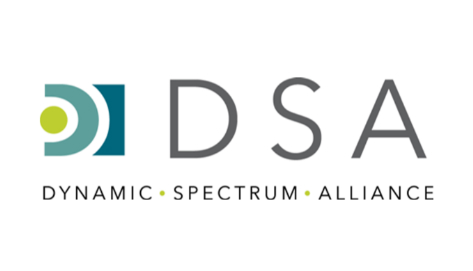DSA to advance affordable connectivity in underserved countries
In partnering with the DSA, the DAP is benefitting from DSA’s world-leading expertise on dynamic spectrum access. The project will leverage the respective networks of stakeholder relationships focused on the shared goal of inclusive connectivity.
- Advertisement -
A partnership between the UK Government’s Digital Access Programme (DAP) and the Dynamic Spectrum Alliance (DSA) is contributing towards digital inclusion in Brazil, Indonesia, Kenya, Nigeria and South Africa. By encouraging ‘a new spectrum mindset’ the DSA and DAP aim to catalyse affordable internet connectivity in underserved regions to support the inclusive growth of the digital ecosystem.
“We are delighted to partner with the UK Digital Access Programme to help accelerate digital inclusivity in five countries worldwide”, said Martha Suarez, DSA President. “Leveraging our networks and spectrum-sharing initiatives, more stakeholders will be able to access spectrum under fair conditions increasing healthy competition, affordable services and enhanced broadband access for all.”
- Advertisement -
The Digital Access Programme designed and funded by the UK’s Foreign, Commonwealth & Development Office (FCDO) in collaboration with the Digital, Culture, Media & Sport Department (DCMS), is developing local capacity for inclusive connectivity in partner countries by enabling a pivotal change in the conversation about spectrum management. In partnering with the DSA, the DAP is benefitting from DSA’s world-leading expertise on dynamic spectrum access. The project will leverage the respective networks of stakeholder relationships focused on the shared goal of inclusive connectivity.
- Advertisement -
The DAP has been working since 2018 to support enabling reforms and technical capacity of telecom regulators for digital inclusion in partner countries, besides helping local innovators to demonstrate scalable and sustainable technology and business models for affordable connectivity. The DAP also works on developing digital skills and enhancing the availability of locally-relevant digital content and services for underserved communities.
- Advertisement -
Suarez added, “Digital inclusion barriers also extend to lack of access to devices, digital literacy and skills and relevant content and services. However, for many communities, connectivity and access to the Internet still remains the fundamental hurdle, either because of lack of coverage or because the existing solutions are too expensive. Every moment they remain unconnected, the digital divide grows bigger. This project will help increase spectrum availability for affordable connectivity for those that are still underserved or unserved. No one should be left behind in a digital world.”
The project will build awareness and lay the foundation for ICT regulators in these countries to incentivize more innovative and flexible spectrum frameworks. It will create an opportunity for cooperation between different public and private stakeholders to build capacity with regulators and spectrum authorities, explore innovative technologies for large-scale affordable connectivity and share best practices.
“Despite all the known benefits of spectrum sharing, there is still poor adoption of dynamic spectrum access technologies in regulatory frameworks. There is a great opportunity in these countries to work with regulators, government authorities and other stakeholders to increase their awareness and knowledge about existing dynamic spectrum access mechanisms. We are excited to see the benefit that this will have on improving digital inclusion and the local economy,” Suarez concluded.
- Advertisement -


